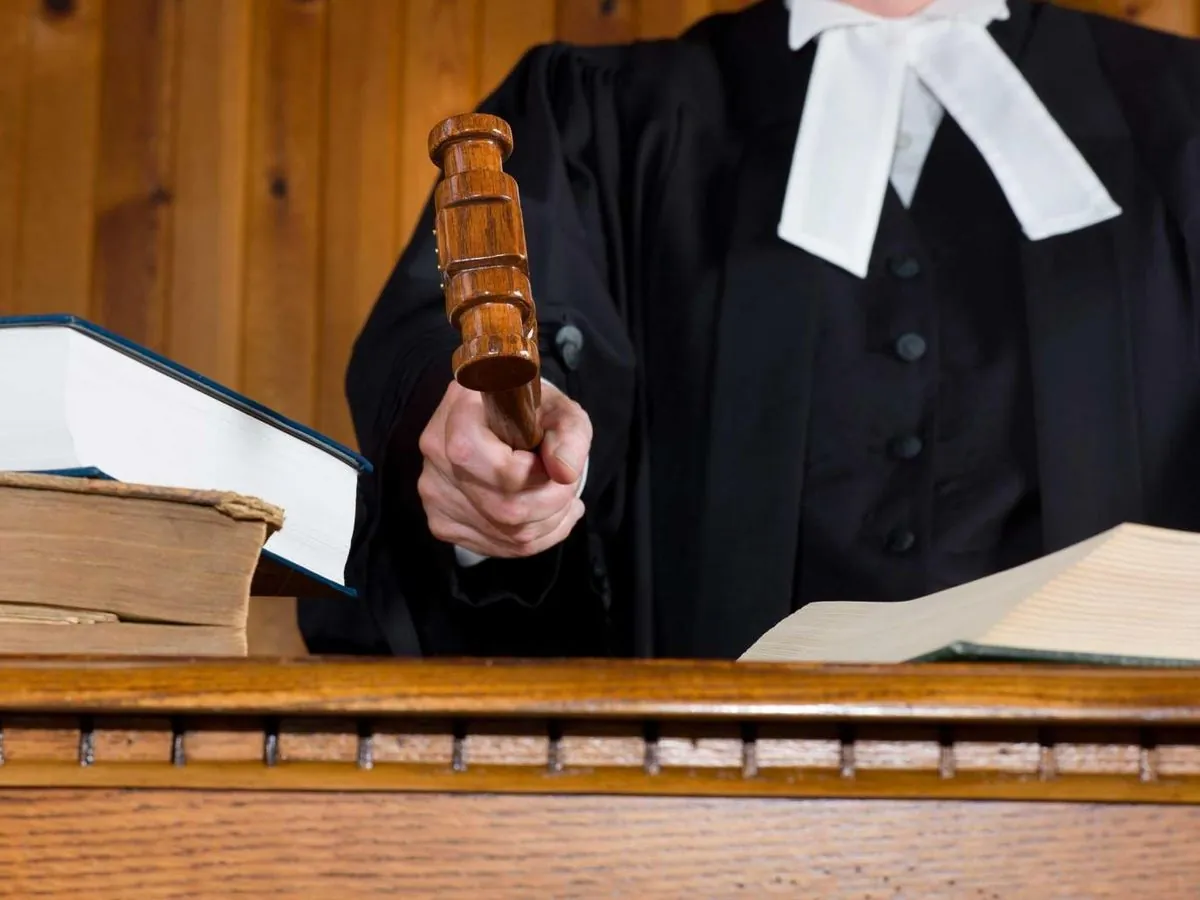In a recent legal proceeding, three individuals have been sentenced for their involvement in violent disturbances that occurred in the aftermath of a tragic incident in northwest England. The events unfolded approximately one year ago, marking a somber chapter in the region's history.
Derek Drummond, a 58-year-old man, received a three-year prison sentence at Liverpool Crown Court. He admitted to charges of violent disorder and assaulting an emergency worker by striking a police officer. This case is believed to be among the first sentences handed down for violent disorder charges stemming from the unrest that followed the deaths of three young girls in Southport.
Judge Andrew Menary commented on the case, stating, "The genuine and collective grief of the residents of Southport was effectively hijacked by this callous behaviour." This statement underscores the complex interplay between community mourning and subsequent unlawful actions.
Two other individuals also faced legal consequences for their actions during the disturbances:
- Declan Geiran, 29, was sentenced to 30 months in prison after pleading guilty to violent disorder and arson. His offense involved setting fire to a police van's seatbelt in Liverpool city centre on August 3, 2023.
- Liam Riley, 41, received a 20-month jail term after admitting to violent disorder and a racially-aggravated public order offense.
These cases highlight several important aspects of the UK legal system and societal issues:
- Violent disorder is a serious offense under the Public Order Act 1986, carrying a maximum sentence of 5 years.
- Assaulting an emergency worker became a specific offense in England and Wales in 2018, reflecting the importance of protecting public servants.
- The UK has seen an increase in hate crimes in recent years, with racially aggravated offenses potentially carrying higher penalties.
- Knife crime has been a growing concern in the UK, as evidenced by the tragic incident that preceded these disturbances.
- The phenomenon of collective grief can sometimes be exploited or disrupted by unlawful actions.
As the community continues to heal from the tragic events of last year, these legal proceedings serve as a reminder of the importance of maintaining order and respect during times of collective mourning.
"The genuine and collective grief of the residents of Southport was effectively hijacked by this callous behaviour."
This case underscores the ongoing challenges faced by communities and law enforcement in balancing the right to express grief and outrage with the need to maintain public order and safety.
